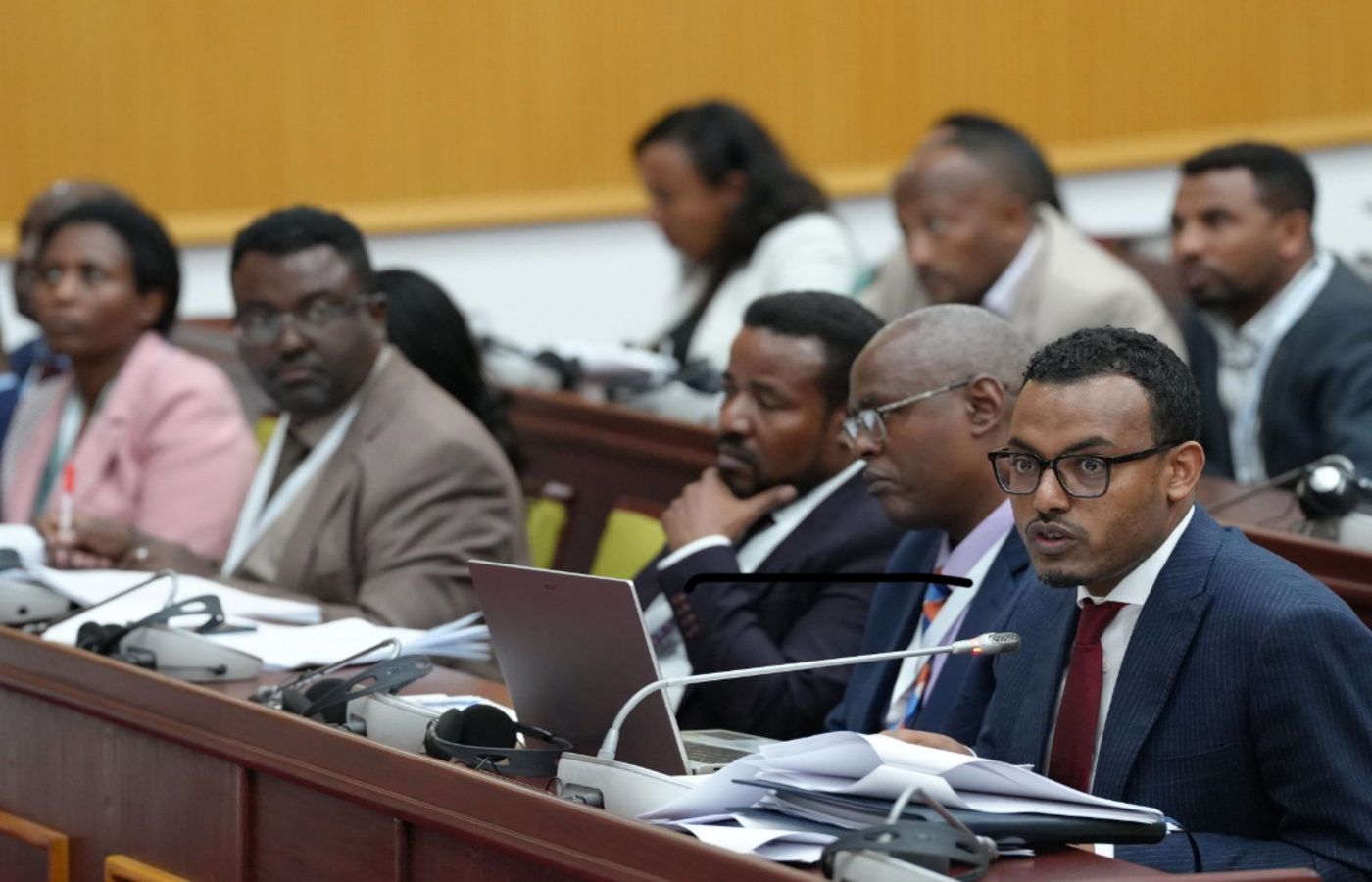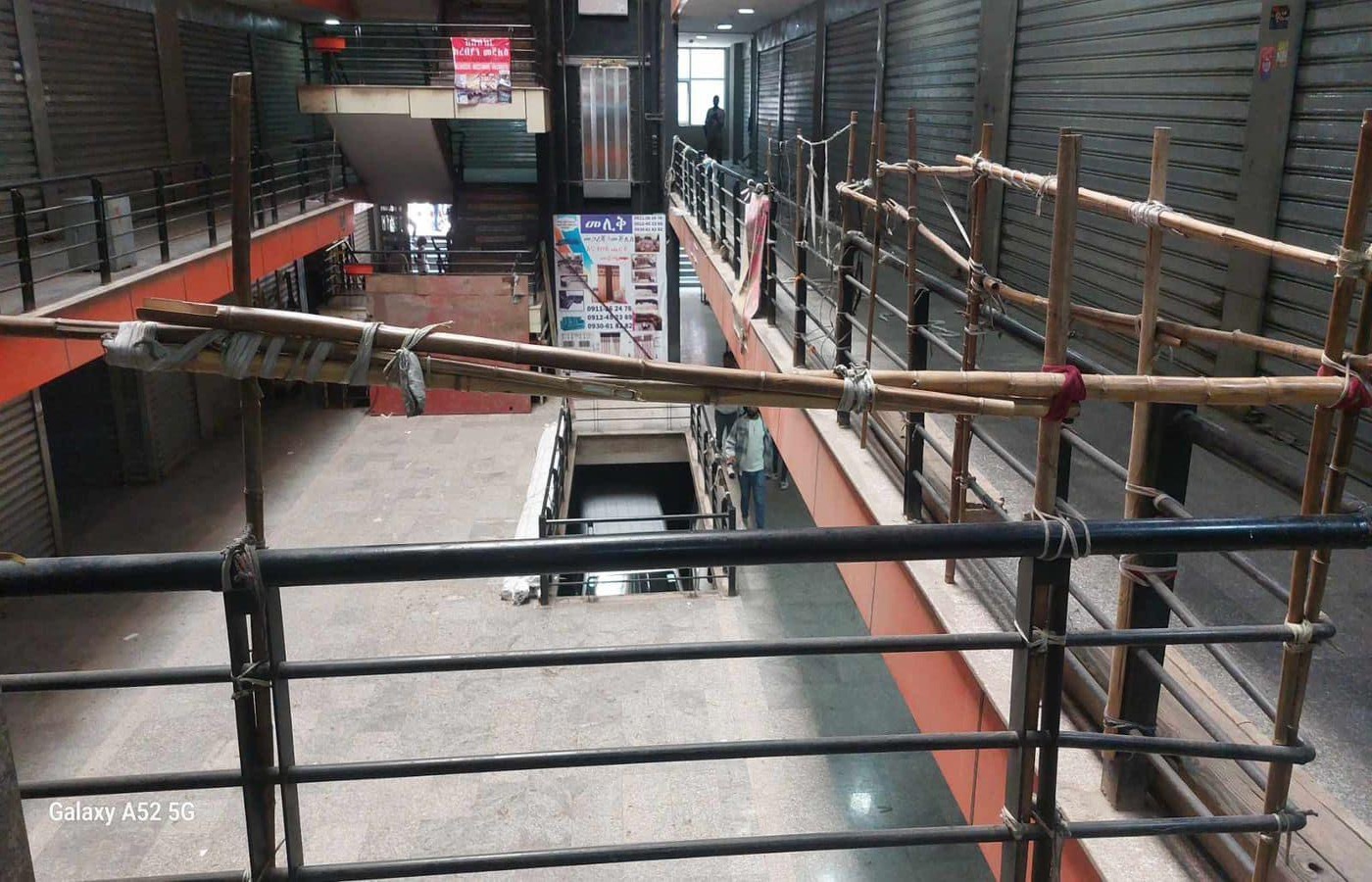The European Commission has proposed postponing its landmark anti-deforestation law, the EU Deforestation Regulation (EUDR), by one year.
The EUDR bans forest-risk commodity imports like cocoa, soya, palm oil and coffee linked to deforestation in the EU market. Under the rules, companies must trace products back to origin plots and prove compliance with laws in producer countries.
However, the Commission now wants to push back compliance deadlines by 12 months, citing concerns from global stakeholders about meeting the strict due diligence requirements.
In discussions, Commission officials said "several global partners repeatedly expressed concerns about preparedness," and readiness in Europe is also "uneven."
Given the novelty of the rules and variety of stakeholders, the Commission believes a 12-month delay provides "a balanced solution" to phase in implementation smoothly.
Authorities in commodity exporting countries such as Ethiopia warned their export sectors need more time to develop supply chain traceability systems under the new law. Cocoa farmers in West Africa also raised concerns.
Last week in a forum organized by the Ethiopia Coffee and Tea Authority, officials said hundred percent of Ethiopia's coffee is free of deforestation. "Still we need to be supported on system development to have full traceability of coffee," Adugna Debella, Director of the Authority said.
The proposed one year delay would give operators worldwide, including in Ethiopia and coffee growing regions, extra time to adopt the mandatory systems.
While adopted in 2021 to curb EU-driven deforestation, concerns from farmers and varying readiness have led to the delay, potentially prolonging forest loss for another year. The delay must be approved by the European Parliament and member states.





